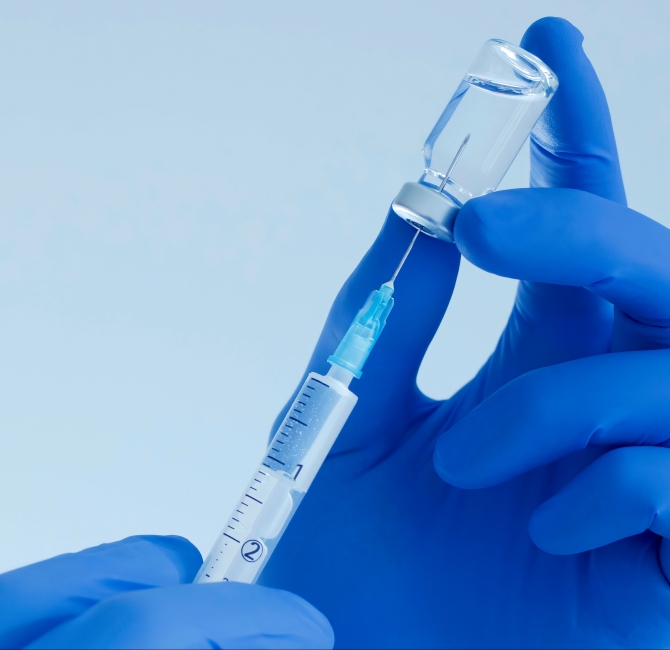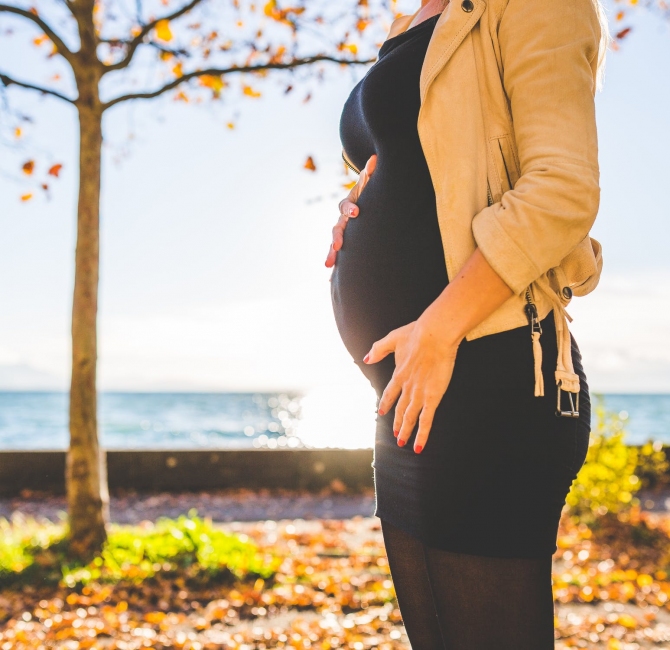In a vaccine analysis published in the New England Journal of Medicine, researchers used a data set involving more than 2.4 million vaccinated persons from an integrated health care organization to evaluate the safety profile of the BNT162b2 mRNA COVID-19 vaccine. The main potential adverse events identified included an excess risk of lymphadenopathy (78.4 events per 100,000 persons), herpes zoster infection (15.8 events), appendicitis (5.0 events), and myocarditis (2.7 events).
To place these risks in context, researchers also examined data on more than 240,000 infected persons to estimate the effects of a documented SARS-CoV-2 infection on the incidence of the same adverse events. SARS-CoV-2 infection was not estimated to have a meaningful effect on the incidence of lymphadenopathy, herpes zoster infection, or appendicitis, but it was estimated to result in a substantial excess risk of myocarditis (11.0 events per 100,000 persons). SARS-CoV-2 infection was also estimated to substantially increase the risk of several adverse events for which vaccination was not found to increase the risk, including an estimated excess risk of arrhythmia (166.1 events per 100,000 persons), acute kidney injury (125.4 events), pulmonary embolism (61.7 events), deep-vein thrombosis (43.0 events), myocardial infarction (25.1 events), pericarditis (10.9 events), and intracranial hemorrhage (7.6 events).
Researchers estimated the BNT162b2 vaccine resulted in an increased incidence of a few adverse events over a 42-day follow-up period. Although most of these events were mild, some of them, such as myocarditis, could be potentially serious. However, our results indicate that SARS-CoV-2 infection is itself a very strong risk factor for myocarditis, and it also substantially increases the risk of multiple other serious adverse events.
Abstract
Background: Preapproval trials showed that messenger RNA (mRNA)–based vaccines against severe acute respiratory syndrome coronavirus 2 (SARS-CoV-2) had a good safety profile, yet these trials were subject to size and patient-mix limitations. An evaluation of the safety of the BNT162b2 mRNA vaccine with respect to a broad range of potential adverse events is needed.
Methods: We used data from the largest health care organization in Israel to evaluate the safety of the BNT162b2 mRNA vaccine. For each potential adverse event, in a population of persons with no previous diagnosis of that event, we individually matched vaccinated persons to unvaccinated persons according to sociodemographic and clinical variables. Risk ratios and risk differences at 42 days after vaccination were derived with the use of the Kaplan–Meier estimator. To place these results in context, we performed a similar analysis involving SARS-CoV-2–infected persons matched to uninfected persons. The same adverse events were studied in the vaccination and SARS-CoV-2 infection analyses.
Results: In the vaccination analysis, the vaccinated and control groups each included a mean of 884,828 persons. Vaccination was most strongly associated with an elevated risk of myocarditis (risk ratio, 3.24; 95% confidence interval [CI], 1.55 to 12.44; risk difference, 2.7 events per 100,000 persons; 95% CI, 1.0 to 4.6), lymphadenopathy (risk ratio, 2.43; 95% CI, 2.05 to 2.78; risk difference, 78.4 events per 100,000 persons; 95% CI, 64.1 to 89.3), appendicitis (risk ratio, 1.40; 95% CI, 1.02 to 2.01; risk difference, 5.0 events per 100,000 persons; 95% CI, 0.3 to 9.9), and herpes zoster infection (risk ratio, 1.43; 95% CI, 1.20 to 1.73; risk difference, 15.8 events per 100,000 persons; 95% CI, 8.2 to 24.2). SARS-CoV-2 infection was associated with a substantially increased risk of myocarditis (risk ratio, 18.28; 95% CI, 3.95 to 25.12; risk difference, 11.0 events per 100,000 persons; 95% CI, 5.6 to 15.8) and of additional serious adverse events, including pericarditis, arrhythmia, deep-vein thrombosis, pulmonary embolism, myocardial infarction, intracranial hemorrhage, and thrombocytopenia.
Conclusions: In this study in a nationwide mass vaccination setting, the BNT162b2 vaccine was not associated with an elevated risk of most of the adverse events examined. The vaccine was associated with an excess risk of myocarditis (1 to 5 events per 100,000 persons). The risk of this potentially serious adverse event and of many other serious adverse events was substantially increased after SARS-CoV-2 infection.



